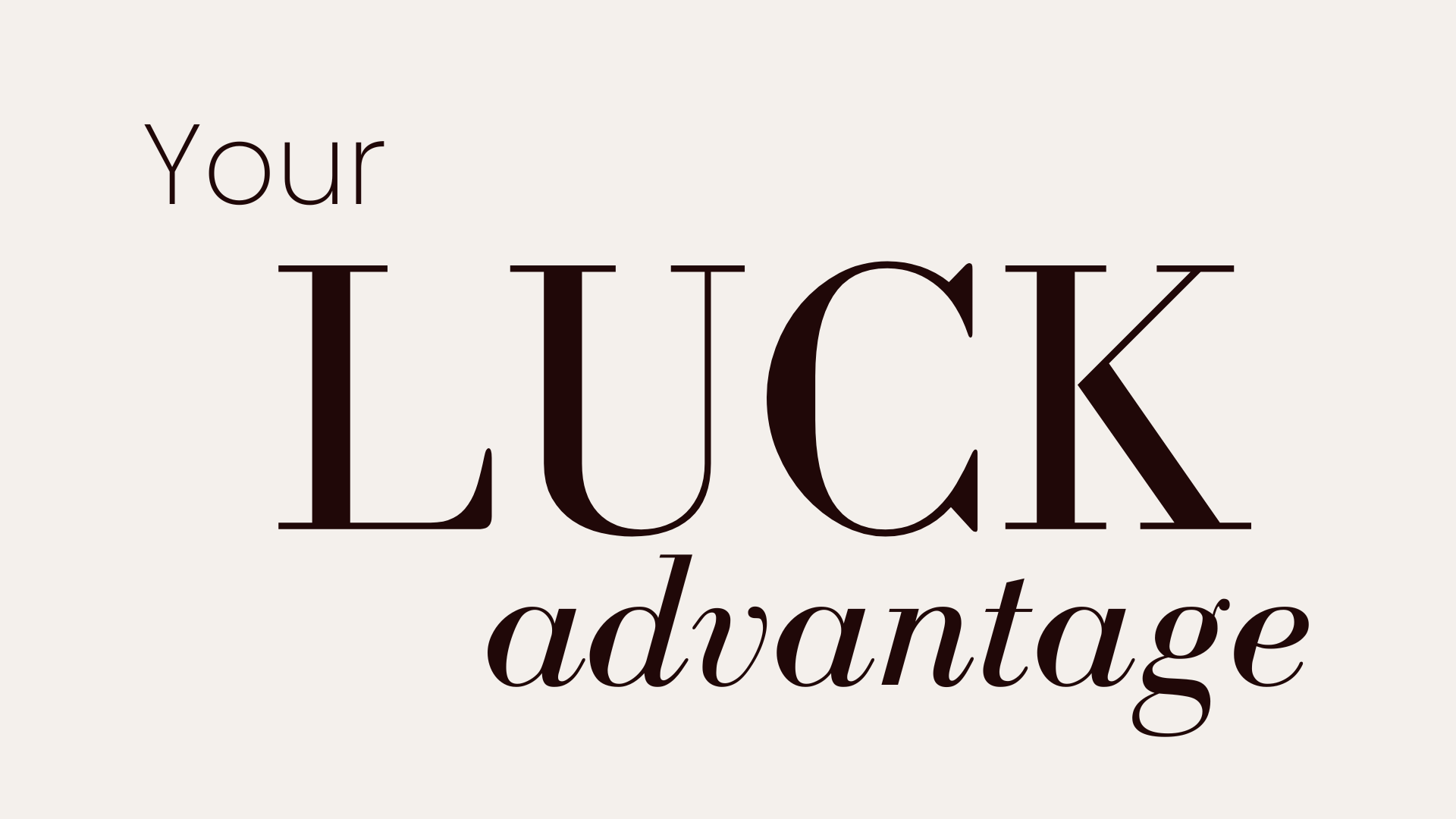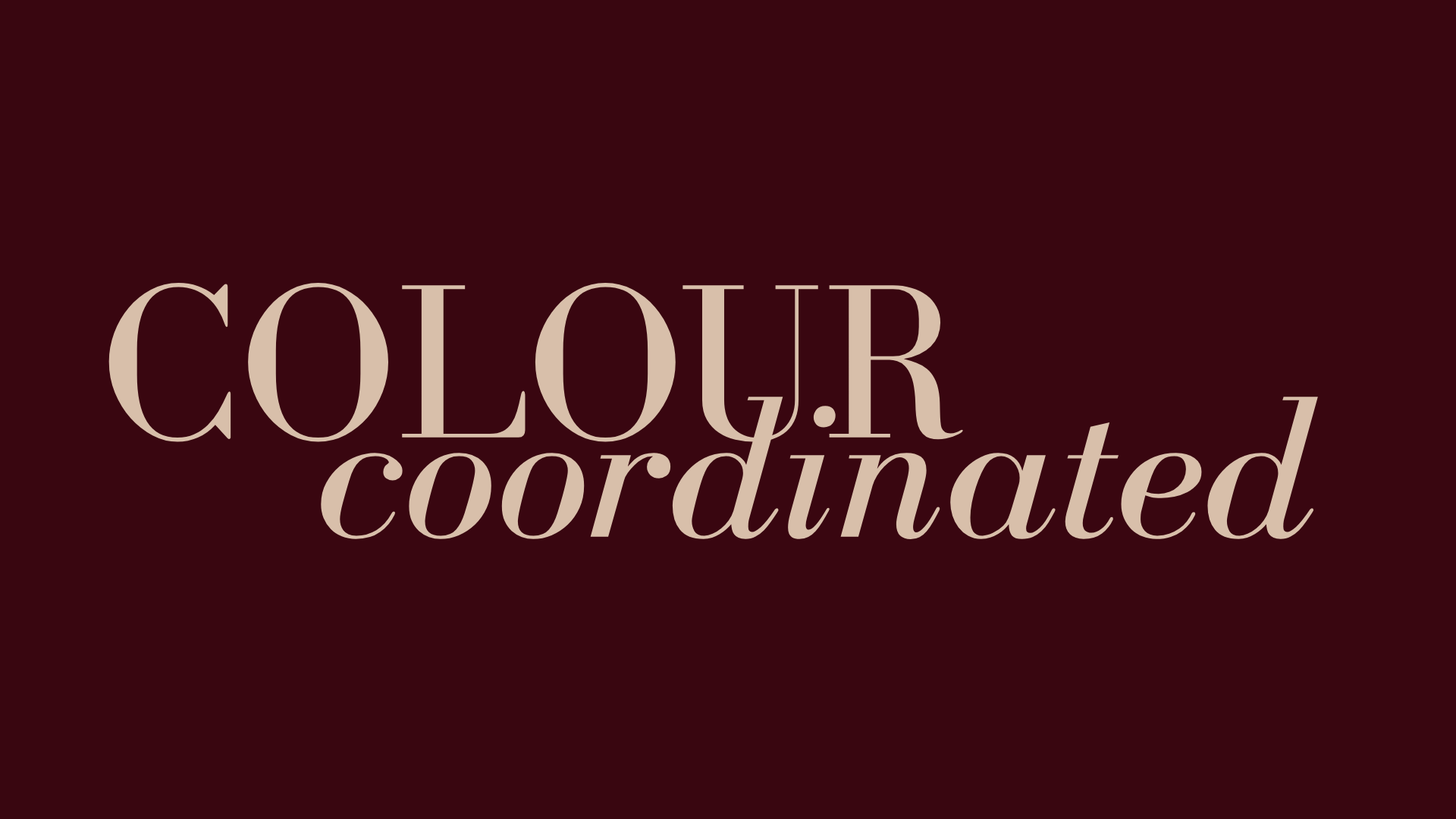Why You Should Start a Podcast Channel for Your Personal Brand in 2024 (10 Tips)
Elevate your brand voice on the platform taking over the media landscape.
If you had told me a few years back that I would be starting my own podcast, I never would have believed you. Like most, I’ve always hated the sound of my own voice. Like most, I once also avoided public speaking at all costs.
Last week, I shared that in 2024 I’m starting a YouTube channel. Here’s part two of that announcement: It’s actually going to be a podcast too!
In this blog, I’m revisiting some of the reasons I shared last week for changing my mindset around public speaking and now more specifically podcasts, and maybe you should too:
Tip #1. Face the fear in your personal brand
It’s estimated 74% of people fear public speaking. I’ve certainly experienced that fear. But, in more recent years, something changed after my beloved Grandma and Papa passed away. I realised there are more important things in life to fear than public speaking.
Growing up, one of my best friends and I loved Baz Luhrmann’s song, Sunscreen. In particular, when it’s said:
“Don't worry about the future; or worry, but know that worrying is as effective as trying to solve an algebra equation by chewing bubblegum. The real troubles in your life are apt to be things that never crossed your worried mind; the kind that blindside you at 4pm on some idle Tuesday. Do one thing every day that scares you.”
Life already gives you so many things to fear, don’t let public speaking be one of them.
Tip #2. Use your personal brand to create a community around niche conversations
One of the best things about Podcasts is that most focus on niche conversations. Rather than appeal to the masses, most are designed for certain interests or industries. By hosting a Podcast, you create a community around a niche. You can lead and start conversations on topics relevant to your industry.
You don’t need to be the go-to expert in your field to be a conversation starter. If you host solo episodes, you might also consider:
Sharing and reacting to the latest industry news
Discussing industry trends
Summarising or reviewing new product releases or campaigns
Just be sure to add your unique point of view for your personal brand.
Hosting guests is also a great way to learn from experts instead of positioning yourself as one. Over time, people will start to associate you as the source of information for their area of interest. But, really you’re learning along with your audience. You’re just learning in public.
Tip #3. Connect your personal brand with auditory people
Ever heard someone say ‘I have to hear it out aloud’? Maybe they can only consume audiobooks. Perhaps this has been you. Consider taking different preferences, including your own, more seriously.
Neuro Linguistic Programming (NLP) uses ‘representational systems’. These are the sensory modalities for how people process information.
NLP’s ‘VAKOG’ model includes:
Visual (sight)
Auditory (sound)
Kinesthetics (touch/feeling)
Olfactory (smell)
Gustatory (taste)
Adding an audio-sensory experience to your storytelling helps connect with different system preferences.
Tip #4. Deepen relationships with your people with long-form personal brand content
If you’re an Instagram, TikTok, X (formerly Twitter) or social media user in general, you’re likely consuming hundreds of posts per day. It’s as likely that you don’t remember most of them.
Short-form content, as social media is, gets short-term attention. Short-form content, compared to its alternative, is generally easier to produce and easier to consume. The short amount of time in the interaction, also makes it easier to forget.
Long-form content, on the other hand, also generally speaking, takes longer to produce and consume. But, your audience also spends more time with you. You deepen your connection.
With so much content abundantly available and attention spans shrinking, short-form will have increasing value too. The good news is, that your Podcast episodes can be any length you want. You can experiment with shorter and longer form content. And find what works best for your audience - which may even be a mix of both.
Tip #5. Build your personal brand on ‘The New Radio’
Podcasts make you mobile. Thanks to advancing in-dash entertainment technology and the smartphones that go everywhere with us, so can podcasts.
From commuting to cleaning, and exercising to showering, the potential of podcasts is endless. While social media, blogs and YouTube generally require you to be in front of your screens to consume them, Podcasts don’t. With a podcast, you can usually meet your people almost anywhere they are.
Data from The Infinite Dial in 2023 showed that Australia now surpasses the US as the world leader in podcast listening. 43% of the population aged 12 and over have listened to a podcast in the last month. Australians’ frequency of listening also continues to grow. Weekly listening rose from 26 percent to 33 per cent in one year.
Tip #6. Expand your personal brand skill set while finding flow
The skill of speaking is becoming increasingly rare among millennials accustomed to communicating via technology. No matter what your role, this skill will always serve you. And demand for this usually only increases as you climb the corporate ladder or gain industry influence.
Having your own Podcast will likely improve your verbal and written communication, as well as your technological skills.
Mihaly Csikszentmihalyi popularised the science of ‘flow’. As expected, his research shows the more someone achieves flow during the week, the better the quality of their experience. But, the surprising part of Csikszentmihalyi's research was how often people experience flow at work compared to leisure.
When people are at work, they are facing above-average challenges and using above-average skills. However, while at leisure, we can feel apathy due to below-average challenges and use of skills.
Work has built-in goals, feedback and rules that push our skills and ideally offer a sustainable degree of challenge. This tells us that optimal experiences like this help create flow.
This leads to discussion around better use of your free time:
“Hobbies that demand skill, habits that set goals and limits, personal interests, and especially inner discipline help to make leisure what it is supposed to be—a chance for re-creation.”
When applied to personal branding, so many say they don’t have time to start their own Podcast, YouTube channel or blog. Or simply lack the motivation after a hard day’s work to do more than sit on the couch watching TV. How the apathetic use of our downtime could be hurting our potential for happiness is an interesting motivator. It helps prioritise the value of more challenging leisure time hobbies.
Tip #7. Monetisation
It’s generally agreed that less established podcasts are more difficult to monetise. It mostly requires significant audience numbers. However, if you partner with in-podcast advertisers, this can have more potential even with lower audience numbers. You just have to find partners who align with your message. It will, however, require a more personal approach to how you find your advertisers.
You might also eventually host ticketed in-person events for your podcast community. If these happen to earn you a small profit, you can reinvest the funds back into your podcast. Even a few hundred dollars might help you upgrade some of your equipment or pay for any paid services that support your production.
But, a word of warning, you may never see any monetary reward, so make sure you’re creating content you’d create even without a cent of compensation.
Tip #8. Low to no set-up costs
To get started, all you need is a microphone. You can use the one that comes with your phone. Or invest in your own. There are microphones available for all budgets, no matter how tiny. A small investment in something suitable for a beginner’s podcast would be worth considering. It’s generally agreed that audio quality is often the most important factor when it comes to content creation as it most affects the users’ experience.
Start simple and if you find you need it, plan to invest further over time.
Tip #9. The changing economy
The the 1960s, Herbert A. Simon first coined the concept of ‘attention economy’. As an economic problem, he was characterising the concept of information overload. With the advent of the internet, social media and smartphones, imagine what he might think now.
With content creation only rising in supply, attention becomes more scarce. So, what may have begun as the information economy is now evolving into the attention economy. And nested within the attention economy is the creator economy. Those that have converted their attention to an asset. So, in an evolving economy, invest in the asset of you.
Tip #10. Because nobody cares
Most content creators will tell you how much they first hated hearing the sound of their own voice. So, if this is what’s holding you back, you’re not special.
In Failing Forward, John C. Maxwell outlines ‘traps’ that make people back away from risk. A standout is the ‘Embarrassment Trap’. Deep down, no one wants to look bad. To which Maxwell has some invaluable advice:
“Get over it.”
You have to get over yourself - because everyone else has. Psychologists’ ‘spotlight effect’ also reminds us that we overestimate the attention people pay to us. Remember, people aren’t thinking about you as much as you think.
So, why wait? If you’ve ever considered starting a podcast or now feel you should be, make 2024 your Year of Podcasting.
Bonus Tip
If you’re going through all the trouble of recording a podcast, why not start a YouTube channel as well? Simply turn on the camera on your phone while you’re recording and upload it to YouTube. Or, record a video and export the audio to create your podcast. Either way, you’re building your personal brand presence and skills while meeting your people wherever they most prefer.




